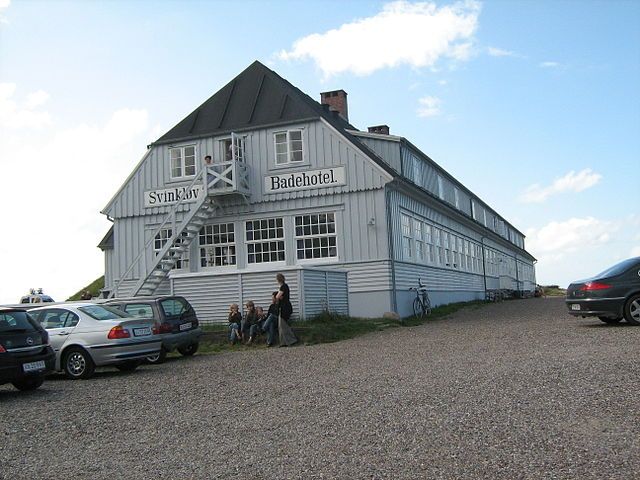Investors behind the recently-destroyed Svinkløv Badehotel say the iconic Danish holiday location will be rebuilt.
Steen Royberg, the chairman of the foundation backing the hotel, said a decision had been made to reopen it in 2018 – potentially in time for Easter. The board was in 100 percent agreement that the hotel should rise from its ashes.
“The support we have had over the past week leads us to believe in the project,” said Royberg.
“We have the ability, the will and the economic wherewithal to get it rebuilt.”
Wood or stone?
Svinkløv Badehotel is located in Fjerritslev in north Jutland. Before the fire a week ago, it was Denmark’s third largest wooden building. It was built in 1925 by the Danish-American businessman Carl Brix Kronborg and has been run by Louise and Kenneth Toft-Hansen since 2015.
Police were notified of the fire at 00:48 on September 26. By 02:30 the fire had spread to the extent that it burned through the roof. The approximately 70 guests staying at the hotel were all evacuated safely.
The original hotel was built to 1925 building standards. Royberg said that no decision has been made on how the new hotel would be constructed.
“We haven’t decided if it will be wood or stone,” he said. “We will talk about that soon.”
The investigation revealed the fire was started by a faulty clothes dryer in the basement of the building.















